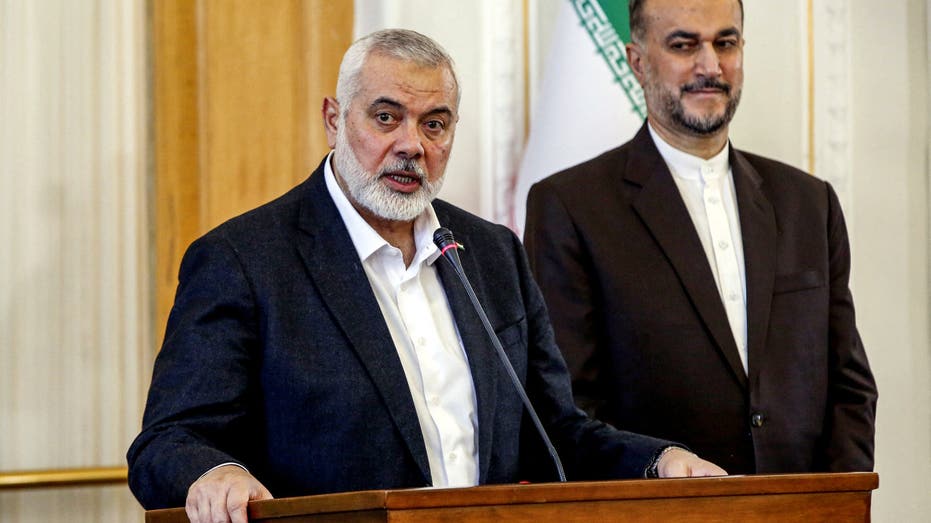Mexico is violating USMCA by supporting exploitation of Cuban doctors
Mexico has violated the USMCA by allowing Cuban doctors to enter the country in a scheme similar to modern slavery, which has been denounced by Congress and the Inter-American Commission on Human Rights.

Mexico has not played fair. It had already violated the United States-Mexico-Canada Agreement on trade by allowing China to use it as a back door for its exports. The new Mexican government is also weakening the legal framework of the country and undermining its own institutions.
And now, in the field of labor, Mexico is violating the agreement once again by receiving 199 Cuban doctors this month in a modern slavery scheme.
The USMCA is clear about its commitment to the protection of labor rights. Its preamble establishes the decision to "promote the protection and enforcement of labor rights, the improvement of working conditions, the strengthening of cooperation and the Parties’ capacity on labor issues."
The Cuban medical missions are a direct violation of Article 23 of the USMCA which calls for “the elimination of all forms of forced or compulsory labor.”
Earlier this year, a bipartisan resolution in Congress expressed great concern over the human rights violations under the Cuban international brigades. Western Hemisphere Subcommittee Chairwoman Maria Elvira Salazar (R-Fla.), Jared Moskowitz (D-Fla.), Mark Green (R-Tenn.) and Carlos Gimenez (R-Fla.) denounced these missions as a new form of modern slavery.
In 2023, Sens. Bob Menendez (D-N.J.) and Marco Rubio (R-Fla.) sent a letter to Secretary of State Antony Blinken, warning that the “Involvement in these missions is a clear violation of the United States-Mexico-Canada Agreement" and "also inconsistent with our nation’s commitment to fundamental freedoms and universal human rights.”
The letter sent by Rubio and Menendez also noted: “The Mexican constitution explicitly prohibits exploitation of persons through 'slavery,' 'labor exploitation,' and 'forced labor or services.'”
The Inter-American Commission on Human Rights has registered complaints about 64-hour work weeks, sexual harassment against female doctors and prison sentences of between three and eight years for those deserting from the “Cuban international missions.”
The commission and its Special Rapporteur on Economic, Social, Cultural and Environmental Rights also express concern about the working conditions to which health personnel are being exposed on these international missions. According to some complaints, Cuba retains up to 90 percent of what other governments pay for these medical collaborations, leaving only pennies on the dollar for its doctors.
Over the last two years, the Mexican government paid $24 million to the Cuban dictatorship for its healthcare brigades. This week, nearly 200 “volunteer” doctors arrived in Mexico. The island's tyranny will receive about $5,000 dollars per person, and the workers will get crumbs.
Also, as has been widely reported and documented by human rights organizations such as Prisoners Defenders, some of the Cuban doctors are military personnel in disguise.
Since 1963, when Cuba was already exporting ideologues, military trainers and intelligence agents, medical brigades disguised all kinds of military actions in Africa, Latin America and the Caribbean.
The United Nations has spoken out about forced labor and human rights abuses under the Cuban international brigades. The Universal Declaration of Human Rights, the International Covenant on Civil and Political Rights and the Abolition of Forced Labor Convention broadly address the prohibition of slavery, human trafficking and forced labor.
The health care brigades hurt Cubans and Mexicans in many different ways but benefit Cuba's regime. The international missions provide economic oxygen to the Havana dictatorship while killing the dreams and aspirations of Mexican doctors seeking jobs, decent salaries and better opportunities.
The Global Magnitsky Act should punish this exploitation of Cuban doctors. This law authorizes the U.S. president to impose sanctions on international actors involved in acts of corruption and human rights violations. It punishes offenders, prohibits their entry into the U.S. and freezes their assets.
The new Trump administration and in particular the State Department — likely to be led by Rubio — could apply sanctions to Mexico. All those involved and who have benefited from the human rights violations against Cuban doctors should be sanctioned under the Magnitsky Act.
The Cuban brigades have six decades of impunity, labor exploitation, human rights abuses and in some cases cover-ups of military operations. The support that Mexico offers to Cuba violates the USMCA, promotes illicit enrichment and strengthens a 65-year dictatorship. The Trump administration can act to change this, creating an outstanding legacy for democracy in the Americas and beyond.
Arturo McFields is an exiled journalist, former Nicaraguan ambassador to the OAS and former member of the Norwegian Peace Corps.



